
Xi Jinping’s Deepening Concerns: Unrest Within the Chinese Military Raises Alarms
As the Chinese Communist Party’s (CCP) military conducts live-fire training drills, growing concerns are emerging about the potential for mutiny and assassination within the armed forces, according to political and military observers. Recent remarks in military media outlets have highlighted Xi Jinping’s heightened anxiety about these internal threats as the military gains access to ammunition and firepower.
On September 4, the People’s Liberation Army Daily (PLA Daily) published an article emphasizing the need for all military units to secure the “safety valves” and maintain the “safety foundation.” Xi Jinping’s comments underscored the importance of ensuring the “security and stability of the armed forces” and addressing conflicts at their root.
Analysts have interpreted these comments as a sign of Xi’s concerns about internal dissent and potential threats from within the military. The term “security” in this context does not refer to ammunition misfires but rather to the possibility that a fully armed military force could pose a political security problem for the CCP.
Yao Cheng, a former lieutenant colonel in the CCP’s Navy Command, suggests that Xi Jinping is sounding the alarm regarding political security through the party’s official mouthpiece. He acknowledges that Xi is uneasy about the military’s loyalty and security.
Recent events have provided additional evidence of internal turmoil within the military. Several political cases have surfaced, indicating that elements within the military may be acting against Xi Jinping behind the scenes while outwardly appearing subservient.
On September 6, the PLA Daily issued a commentary titled “Insisting on Strictness, Strictness in All Aspects, and Strictness Thoroughly.” The article emphasized the need to maintain discipline and readiness while combating any complacency, fatigue, or wavering commitment to war preparedness.
These sentiments have been reflected in the recent reshuffling of leadership within various military units. Xi Jinping’s insistence on military preparedness and his continuous calls for confrontation have created unease within the armed forces. Some military personnel hope for a shift in this “warmongering” tone towards one of peace, signaling their exhaustion with perpetual war preparations.
Chen Pokong, a U.S.-based current affairs commentator, suggests that the military’s discontent may be aimed at changing leadership. He speculates that the Chinese military, particularly those in higher ranks, may desire a change in leadership but are waiting for the right moment to act.
Despite Xi Jinping’s cautious approach, Yao Cheng warns that Xi is not entirely safe within the CCP leadership. He points out that the past decade has seen significant internal turmoil within the CCP, particularly among those with vested interests, such as the princeling party’s red generation.
Pressure on Xi Jinping is not only internal but also external, as China grapples with a turbulent domestic situation. This has created dissatisfaction among CCP members and leaders, increasing the pressure on Xi.
Recent occurrences within the CCP military have further fueled concerns. Investigations into CCP generals have been conducted discreetly, with little public disclosure. Some former military officials, like former Defense Minister Wei Fenghe, have not been seen for extended periods, raising questions about their status.
Additionally, Li Shangfu, the new defense minister, has been absent from the public eye for two weeks, leading to rumors of his investigation. If these investigations proceed, it could potentially trigger significant incidents within the military, such as coup attempts.
Xi Jinping’s efforts to tighten control over the military have created an atmosphere of uncertainty and unease. The recent unexplained deaths and disappearances of military personnel have only added to the apprehension.
As Xi Jinping grapples with internal dissent and potential threats from within the military, the stability of his leadership remains a matter of concern both within and outside China. The coming months may reveal whether these internal pressures will lead to significant shifts in the CCP’s military and political landscape.

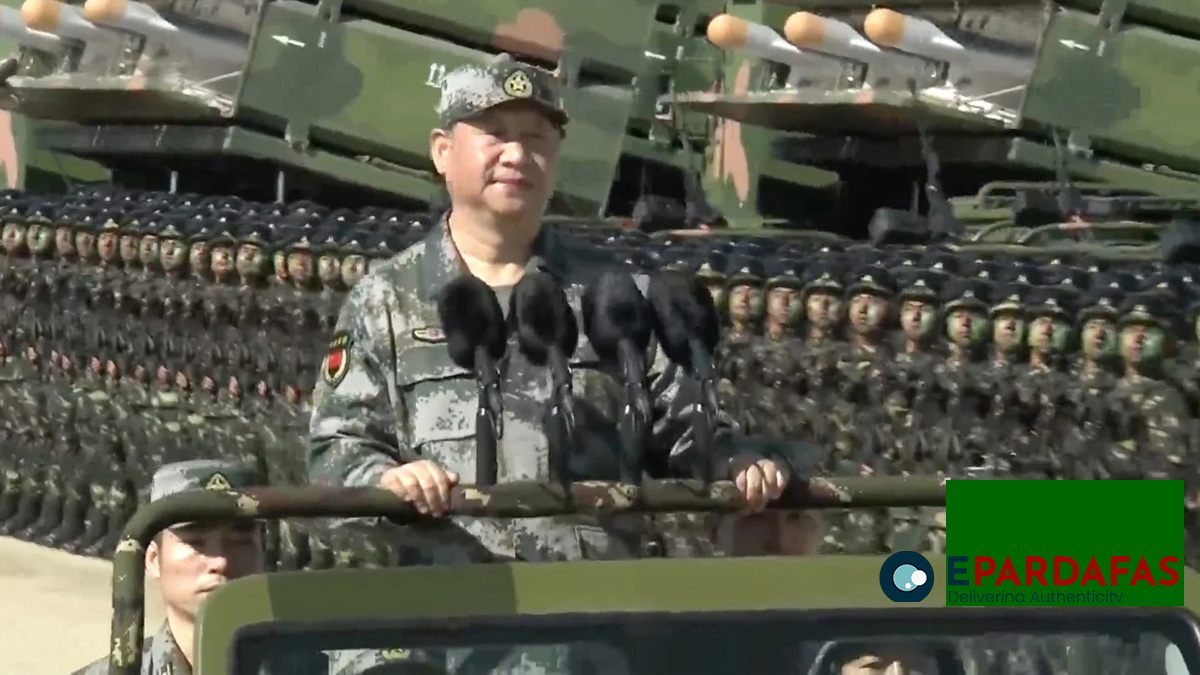


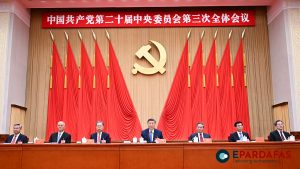
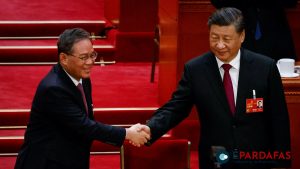


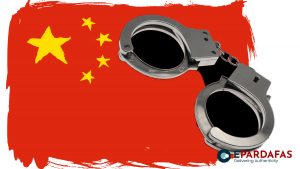
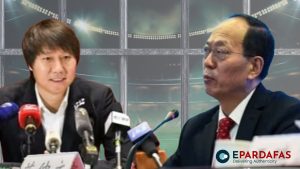
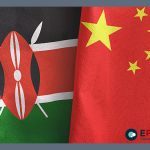


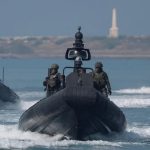


Comments